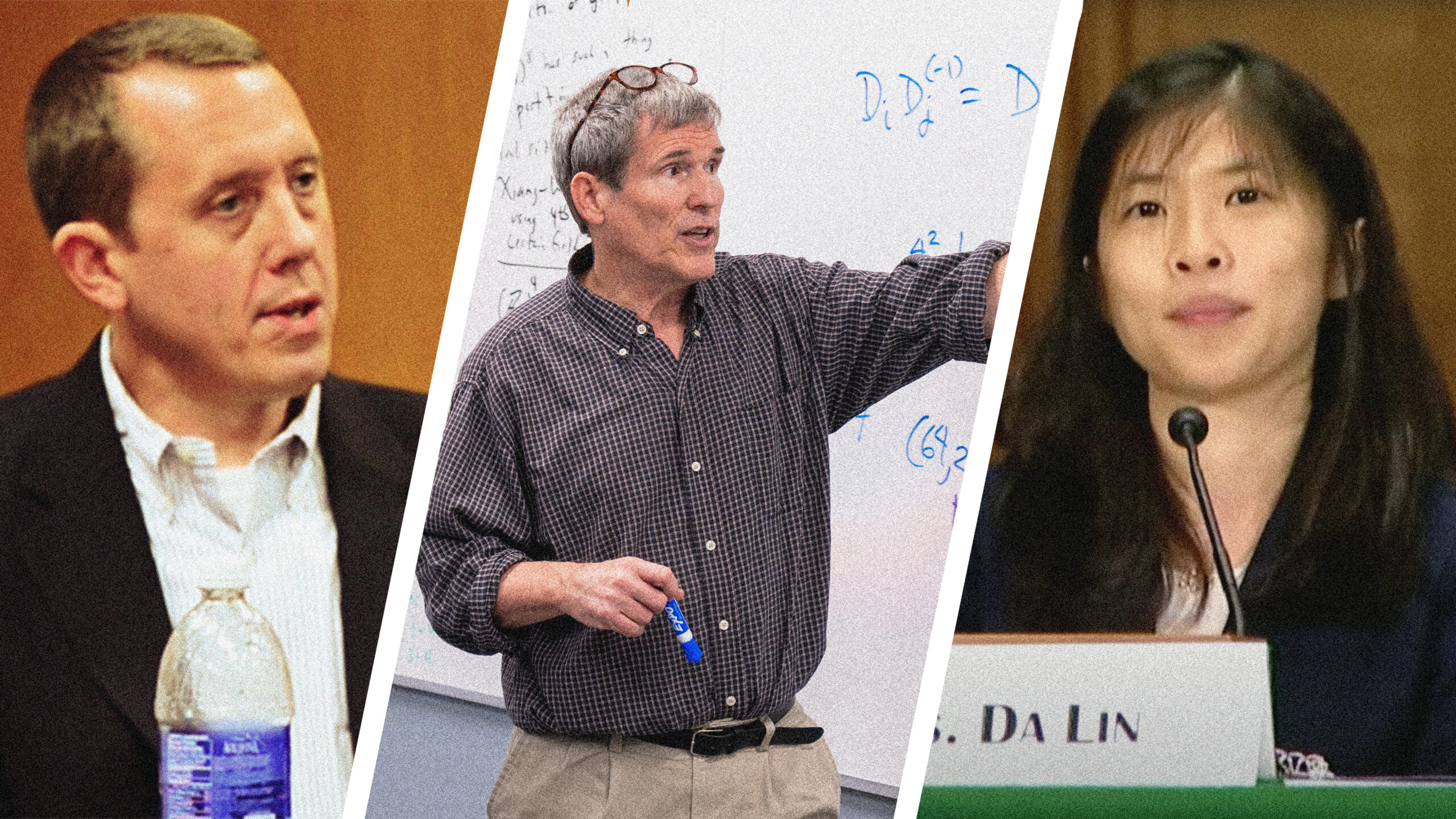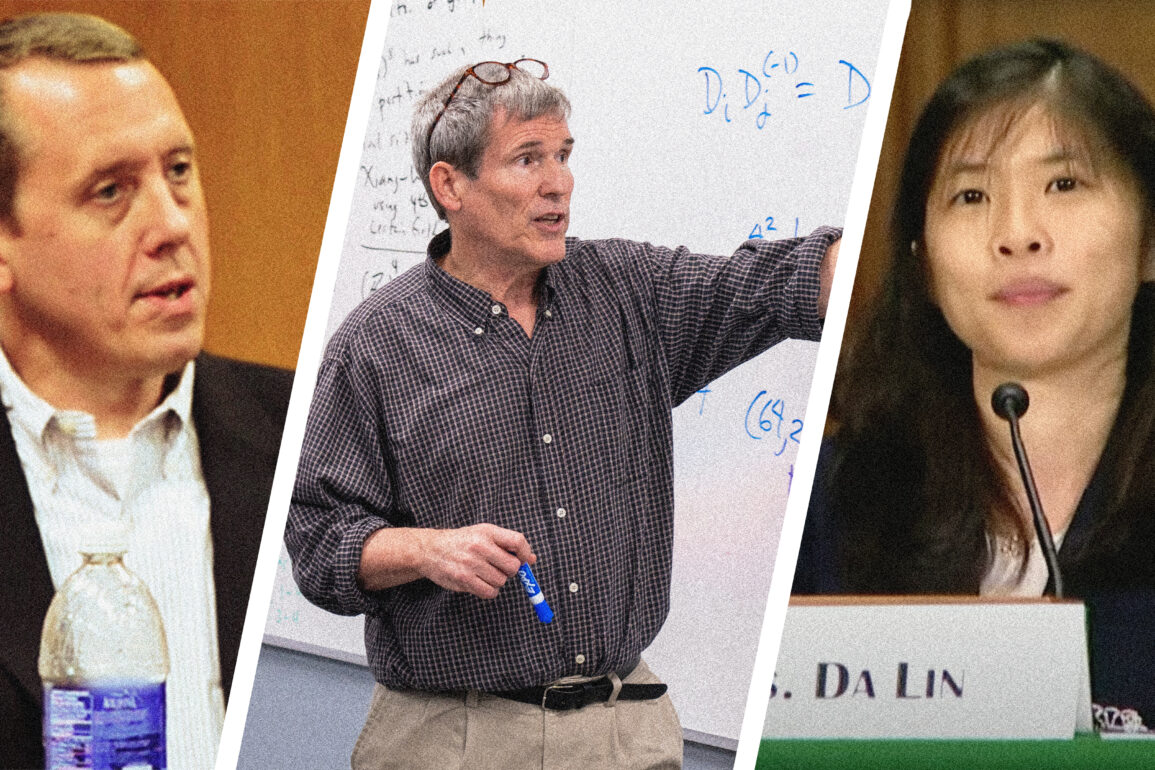
When they’re not busy teaching classes and conducting research, some professors are sought-after for their knowledge as expert witnesses.
Jim Davis has offered his math expertise in numerous high-profile court cases. When asked about his most memorable experience, the professor didn’t hesitate.
“I got a phone call out of the blue in October 2011 from lawyers for Apple,” Davis said. “They found my name on some patents. The topic was use of coding theory — a math subject — in wireless communication,” he said.
Samsung was suing Apple for patent infringement. Davis testified for Apple at the trial, which took place in June 2012 at the U.S. International Trade Commission. Davis didn’t think the U.S. Patent and Trademark Office should have granted the patent and didn’t see a case for infringement.
“I testified at the for six and a half hours,” the math professor said.
The Trade Commission ruled in favor of Samsung, and banned the import of older iPhones and iPads. The story was covered in The New Yorker, when the Obama Administration agreed with Davis and stepped in to veto the ban.
Law professor Da Lin teaches and writes about corporate governance, securities regulation, and financial regulation. Before attending Harvard Law School, she worked as a research analyst with the Federal Reserve Bank of New York.
Lin appeared as a witness on May 4 before a U.S. Senate Committee hearing on the need to hold executives responsible after recent bank failures, including Silicon Valley and Signature Banks.
At the hearing, Lin pointed out that federal banking regulators have broad authority to remove bankers from office for engaging in deceptive, unsafe, or unsound practices and even to permanently bar them from working in the banking industry.
“Unfortunately, this authority has rarely been used against bank directors and senior executives, even when a mismanagement results in bank failure,” she said. Instead, her research shows that lower-level employees make up the majority of those prohibited from banking.
After the hearing, she was excited to hear that the Senate Banking Committee had passed a bill to allow banking regulators to seek compensation from senior executives of failed banks with assets of $10 billion or more.
And Richmond professors’ testimony isn’t limited to business. Liberal arts professor Erik Nielson is frequently called as an expert witness on the use of rap lyrics as evidence in court.
“I am drawn to this issue because it resides at the intersection of a number of areas — artistic expression, the First Amendment, and of course the criminal justice system, which disproportionately targets people of color,” Nielson said.
As with Lin, Nielson’s work in court has affected national policy. He appeared before a panel hosted by the Congressional Black Caucus on Sept. 22. The hearing provided momentum to a federal bill limiting the use of creative expression as evidence in criminal cases.
Nielson co-authored a book on the subject, Rap on Trial: Race, Lyrics, and Guilt in America, which recommended laws that would restrict the use of rap lyrics — or any artistic expression for that matter — as evidence in criminal cases.
“We were very surprised when legislators, citing our book, began introducing bills to do just that,” Nielson said. “Already two have become law — in California and Louisiana — and there are similar bills pending in several other states and at the federal level.”
This post was originally published on this site be sure to check out more of their content.







